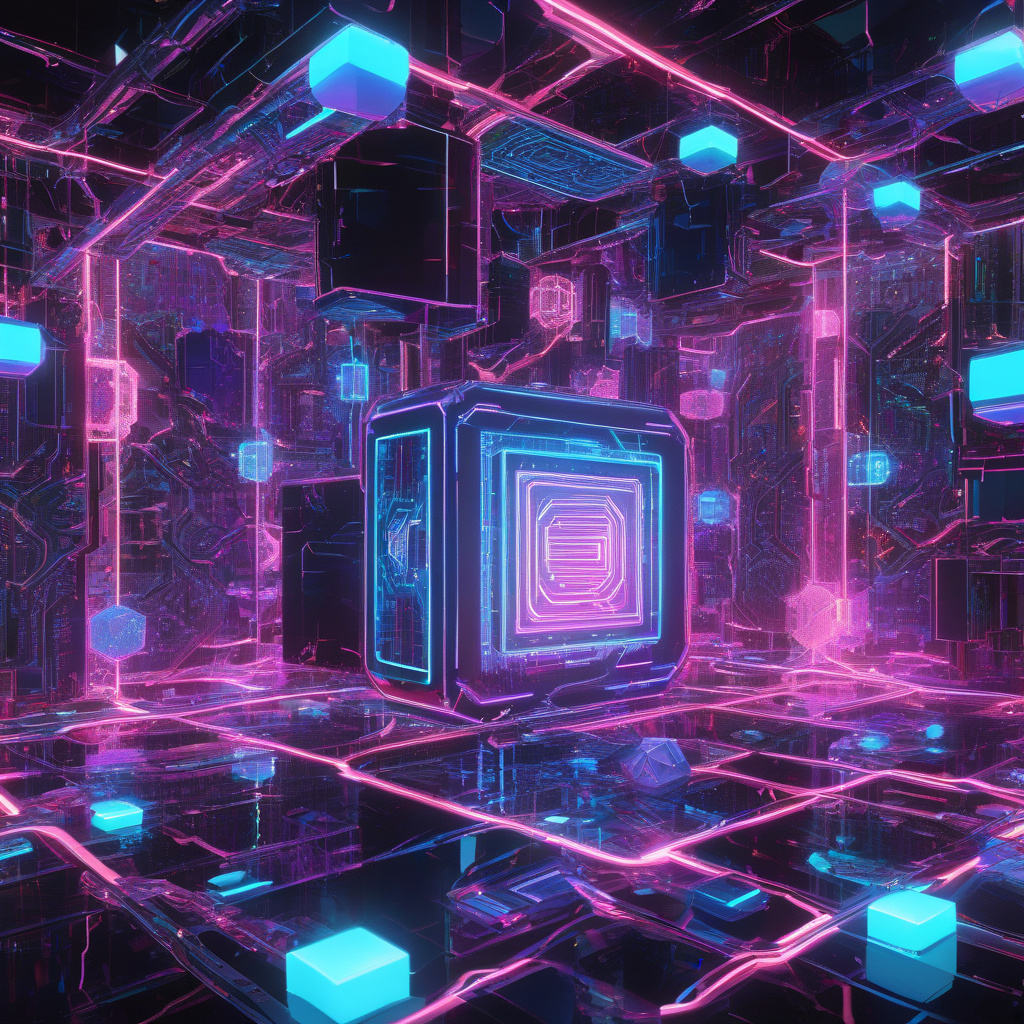Artificial Intelligence (AI) and blockchain technologies have been making waves in the tech industry. The potential synergy between these two cutting-edge fields has sparked considerable interest and debate. In this article, we will delve into the differences between AI blockchains and standard blockchains, shedding light on their unique characteristics and implications for the future of technology.
Standard blockchains, such as the one underpinning popular cryptocurrencies like Bitcoin and Ethereum, operate on a decentralized network of nodes that validate and record transactions. These transactions are grouped into blocks, which are then linked together in a chronological chain, hence the name “blockchain.” The primary function of standard blockchains is to facilitate secure and transparent transactions without the need for intermediaries.
On the other hand, AI blockchains incorporate artificial intelligence algorithms into the blockchain network to enhance its capabilities. AI can be used to optimize various aspects of blockchain operations, such as consensus mechanisms, data analysis, and smart contract execution. By leveraging AI, blockchain systems can become more efficient, scalable, and adaptive to changing conditions.
One key advantage of AI blockchains is their ability to automate decision-making processes based on data analysis and machine learning. This can lead to faster transaction speeds, improved security, and enhanced scalability compared to traditional blockchains. For example, AI algorithms can detect fraudulent activities in real-time, predict network congestion, and optimize resource allocation for improved performance.
Moreover, AI blockchains have the potential to revolutionize industries beyond finance and cryptocurrency. For instance, in healthcare, AI blockchains can securely store and analyze patient data to support medical research and personalized treatment plans. In supply chain management, AI blockchains can track goods in real-time, streamline logistics, and enhance transparency across the entire supply chain.
Despite the promising prospects of AI blockchains, there are also challenges and considerations to be aware of. Integrating AI into blockchain systems requires robust data management practices, sophisticated algorithm development, and stringent security measures to protect against vulnerabilities and cyber threats. Additionally, ensuring regulatory compliance and ethical use of AI technologies remains a critical issue for businesses and organizations.
In conclusion, the convergence of artificial intelligence and blockchain technologies represents a significant step forward in the evolution of digital innovation. While standard blockchains have paved the way for decentralized transactions, AI blockchains offer a new frontier of possibilities for optimizing and automating blockchain operations. By understanding the distinctions between AI blockchains and standard blockchains, tech professionals can harness the full potential of these transformative technologies for a smarter and more efficient future.

